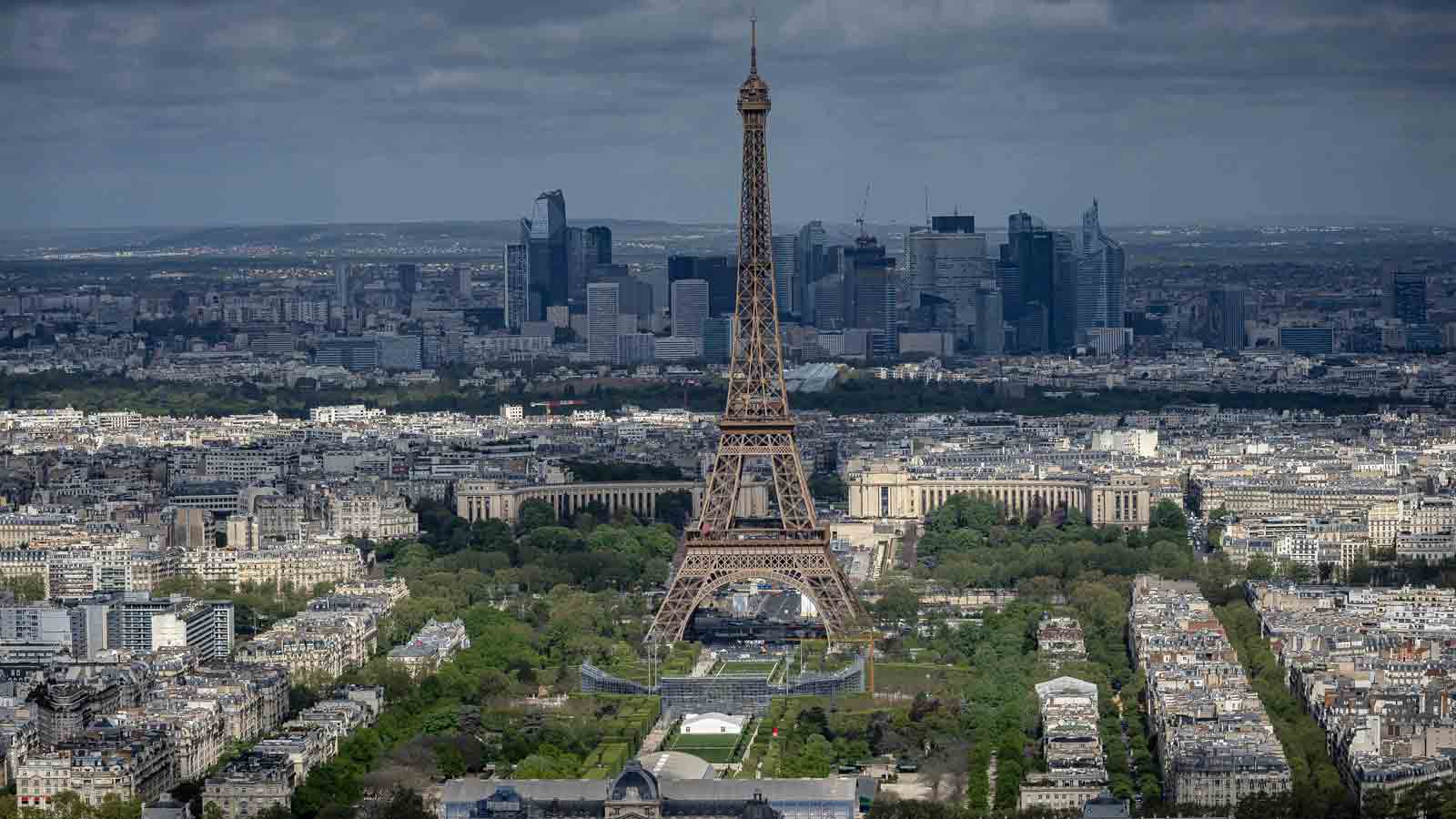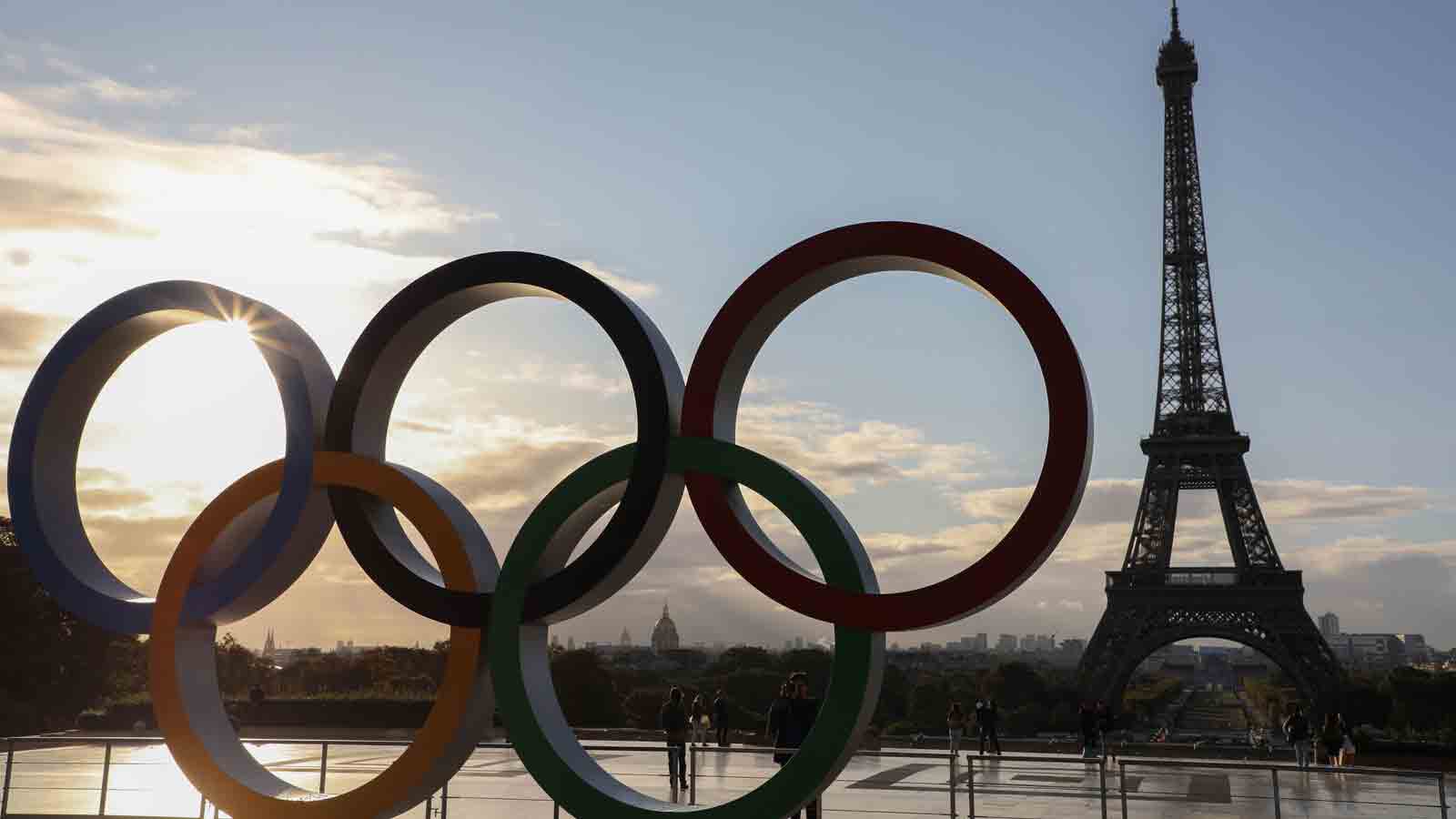Olympic organizers unveiled their plans Friday to use artificial intelligence in sports, joining the global rush to capitalize on the rapidly advancing technology.
The International Olympic Committee outlined its agenda for taking advantage of AI. Officials said it could be used to help identify promising athletes, personalize training methods and make the games fairer by improving judging.
“Today we are making another step to ensure the uniqueness of the Olympic Games and the relevance of sport. To do this, we have to be leaders of change,” IOC President Thomas Bach said at a press event in the velodrome at the former London Olympic Park, which hosted the summer games in 2012.
"We are determined to exploit the vast potential of AI in a responsible way,” Bach said.
Get top local stories in Philly delivered to you every morning. >Sign up for NBC Philadelphia's News Headlines newsletter.
The IOC revealed its AI strategy as it gears up to hold the Paris Olympics, which are set to kick off in just under 100 days.
The IOC's AI plans also include using the technology to protect athletes from online harassment and to help broadcasters improve the viewing experience for people watching from home. The IOC earns earns billions of dollars through the sale of broadcast rights for the games. .
The local organizers of the Paris games have already sparked controversy with their plans to use artificial intelligence for security, with a video surveillance system that includes AI-powered cameras to flag potential security risks such as abandoned packages or crowd surges.
Skier Lindsey Vonn said she was envious of the AI-powered tools that weren't available when she was starting out.
Vonn said back in the day she took notes by hand in her performance diary on how different skis, boots and the temperature affected her performance. Nowadays, tablets are used to instantly crunch much more data, as well as give a side-by-side video comparison of the best racing line. AI can supercharge those analytical tools, she said.
“It’s not replacing athletes, it’s not replacing coaching. But I think it’s just another tool that can be used in a positive way to perform better,” Vonn said.
The IOC has partnered with Intel to scout out potential athletes in overlooked places. The tech company took its equipment to Senegal, where they visited five villages and analyzed the athletic ability of a thousand children, by measuring how high they could jump and how fast they could react.
Using AI to analyze the results, "we found 40 that are really promising," said Christoph Schell, Intel's chief commercial officer.
The shortlisted kids' results were then run through an algorithm that recommended what sports they'd be good at, he said.




